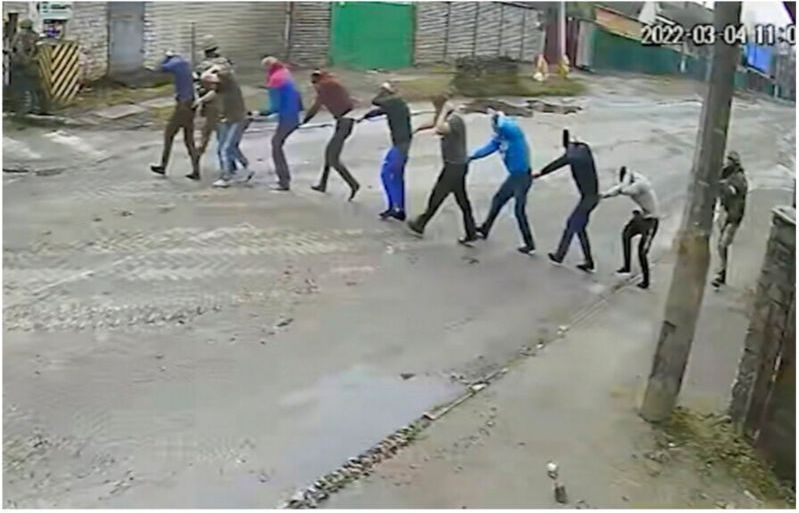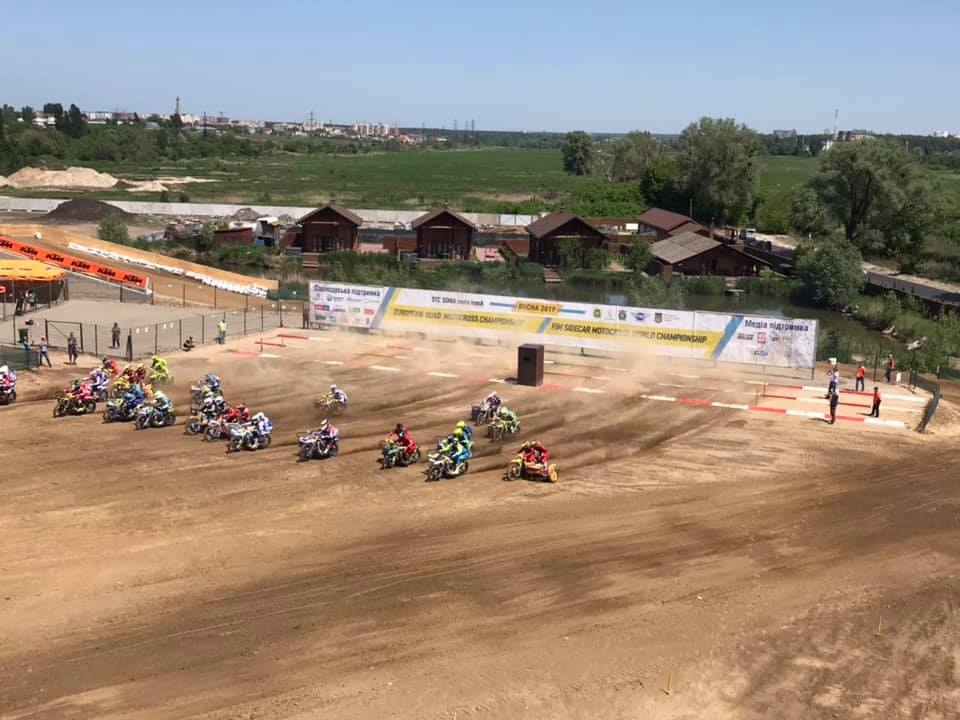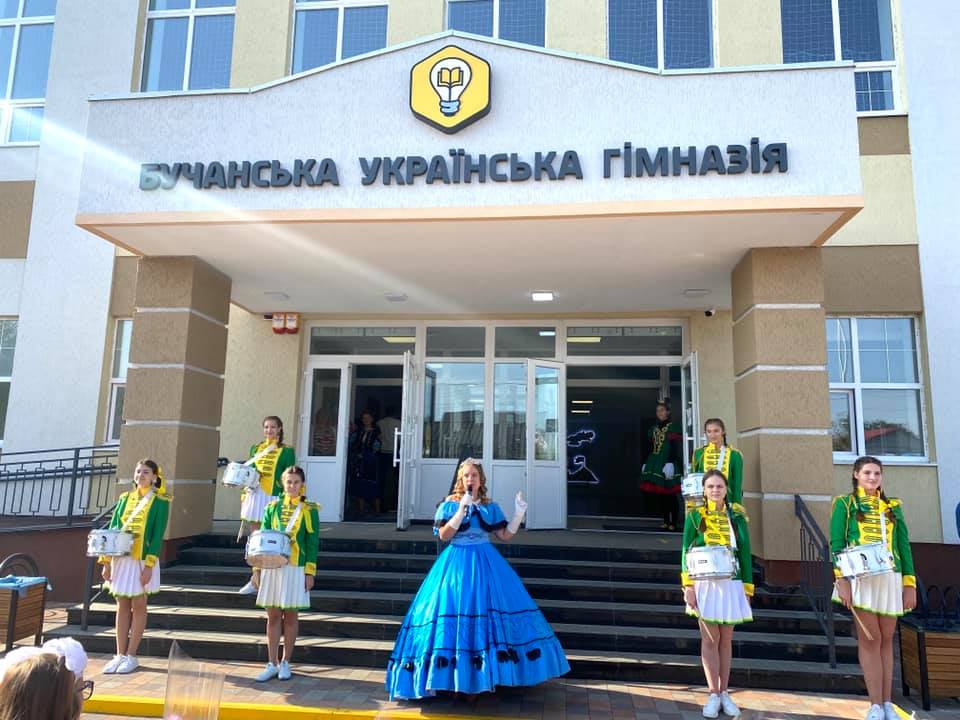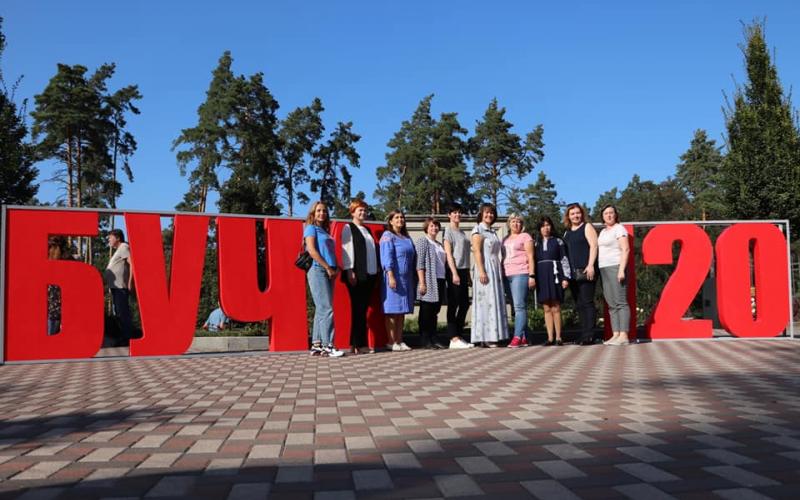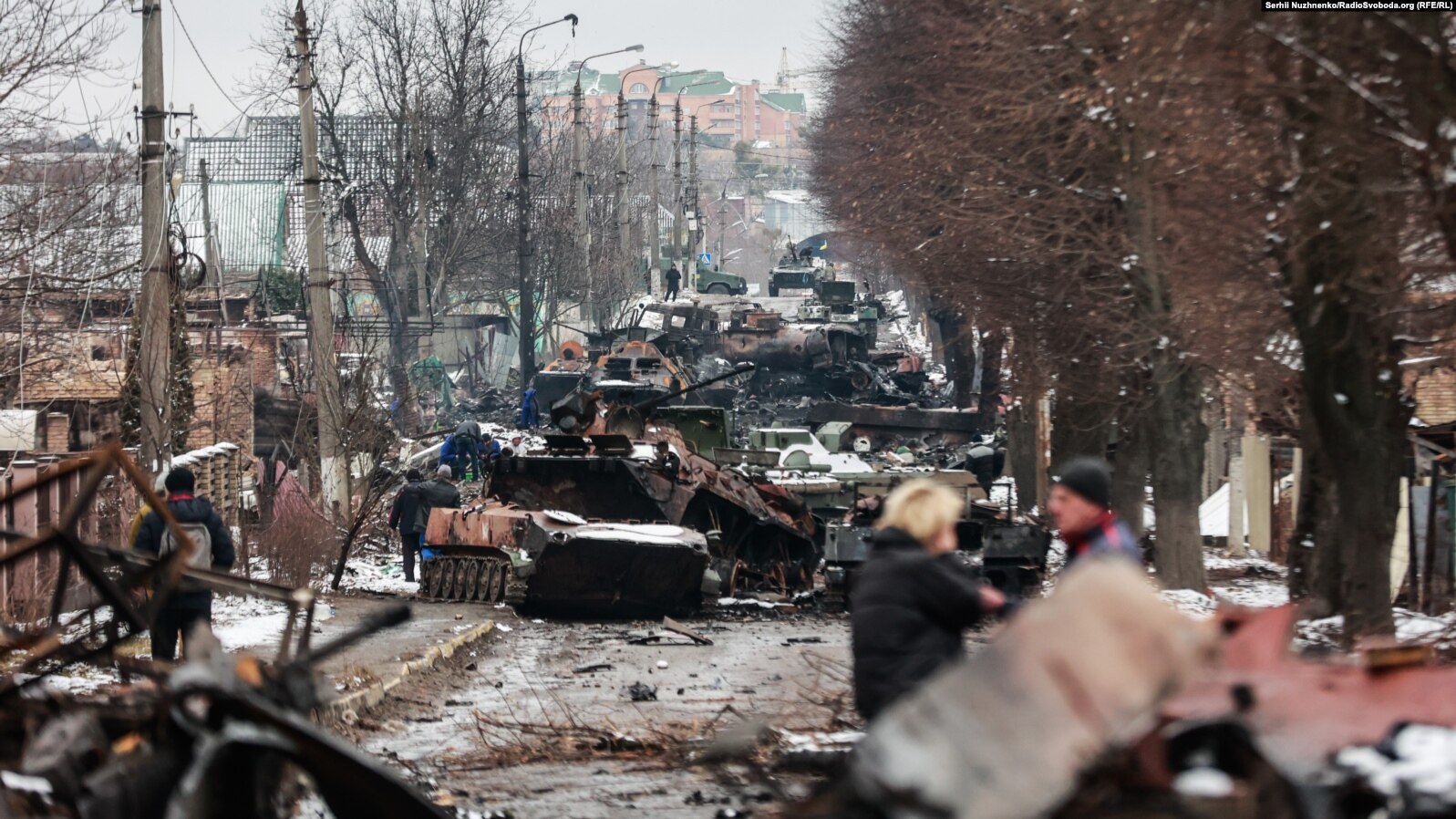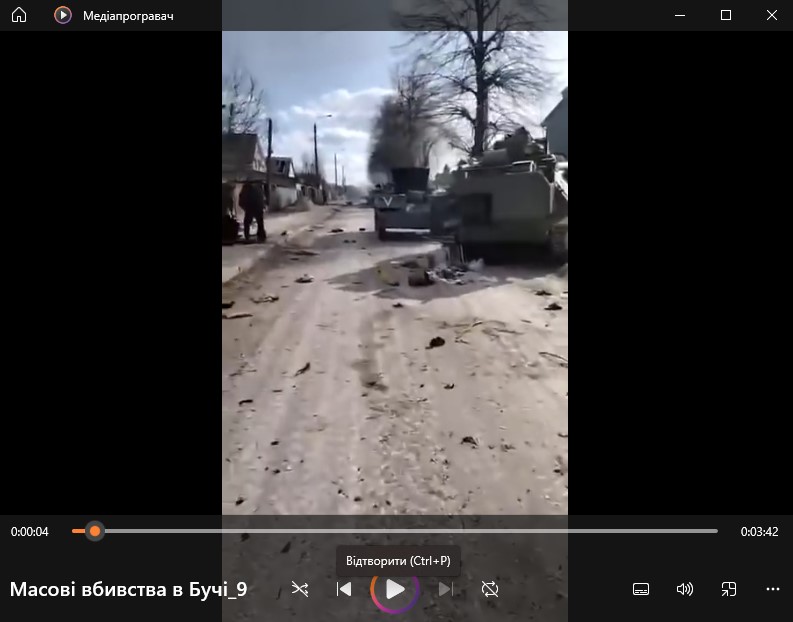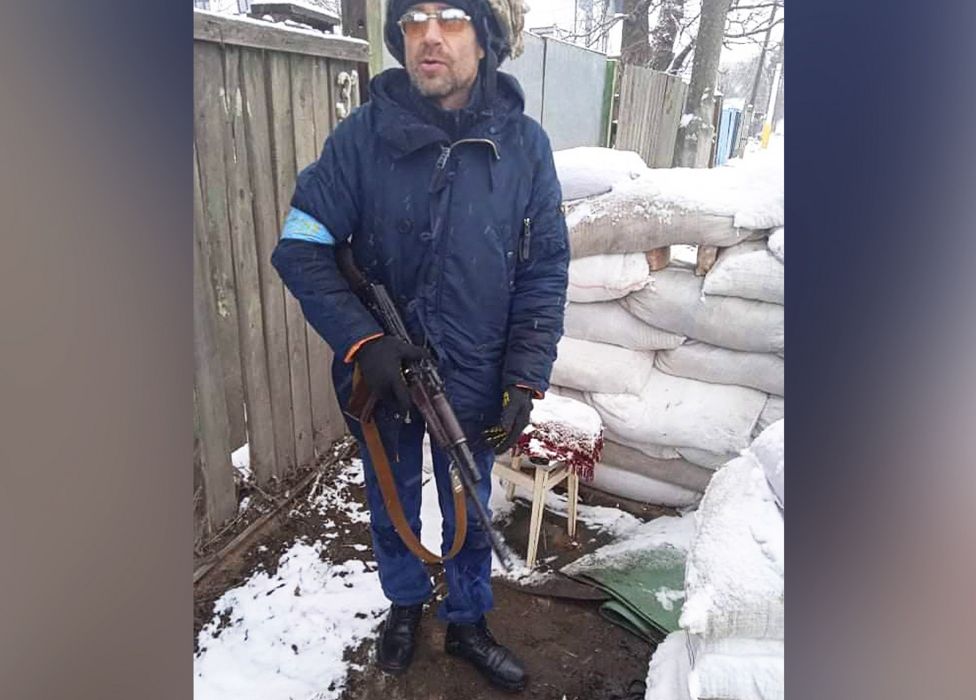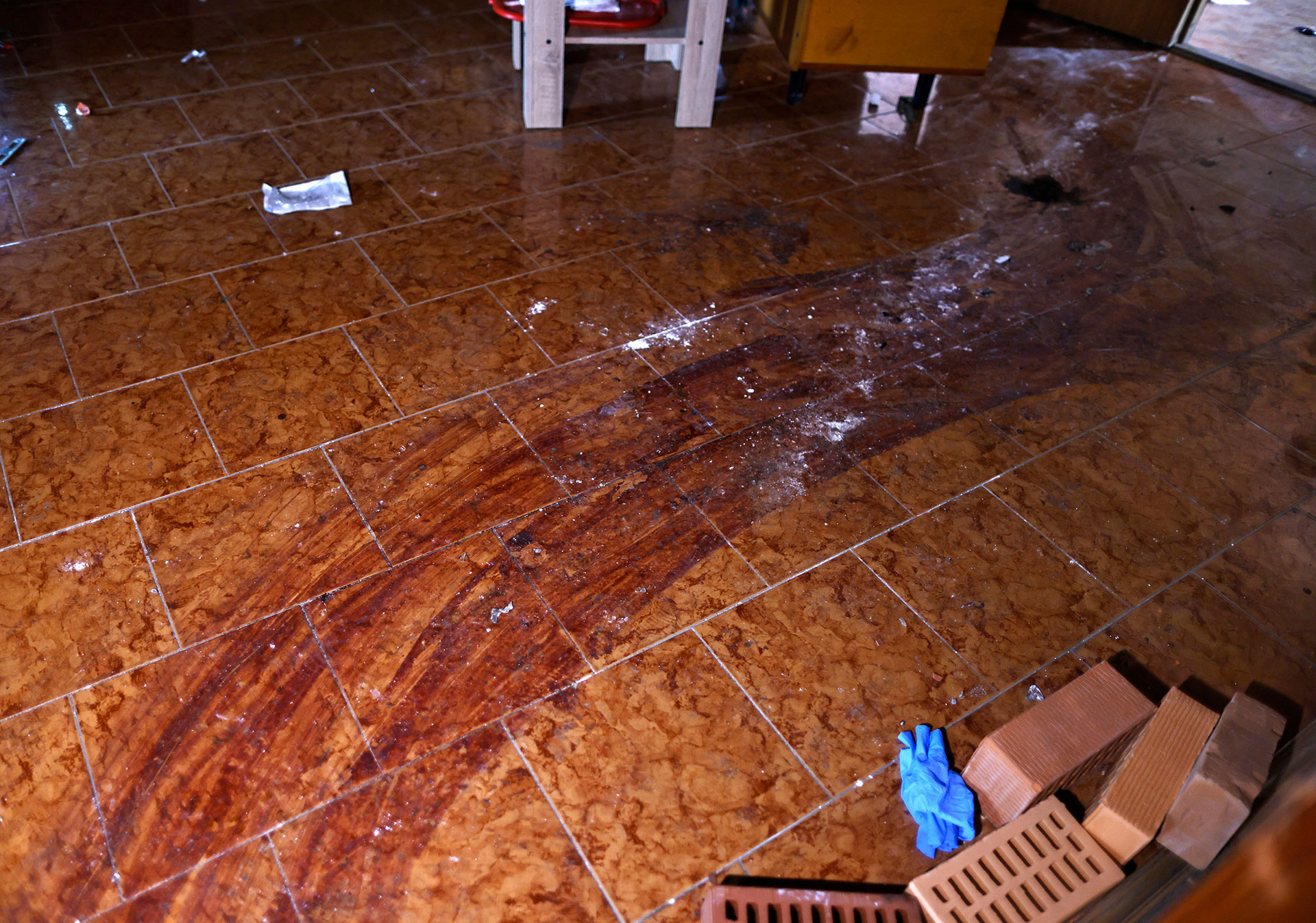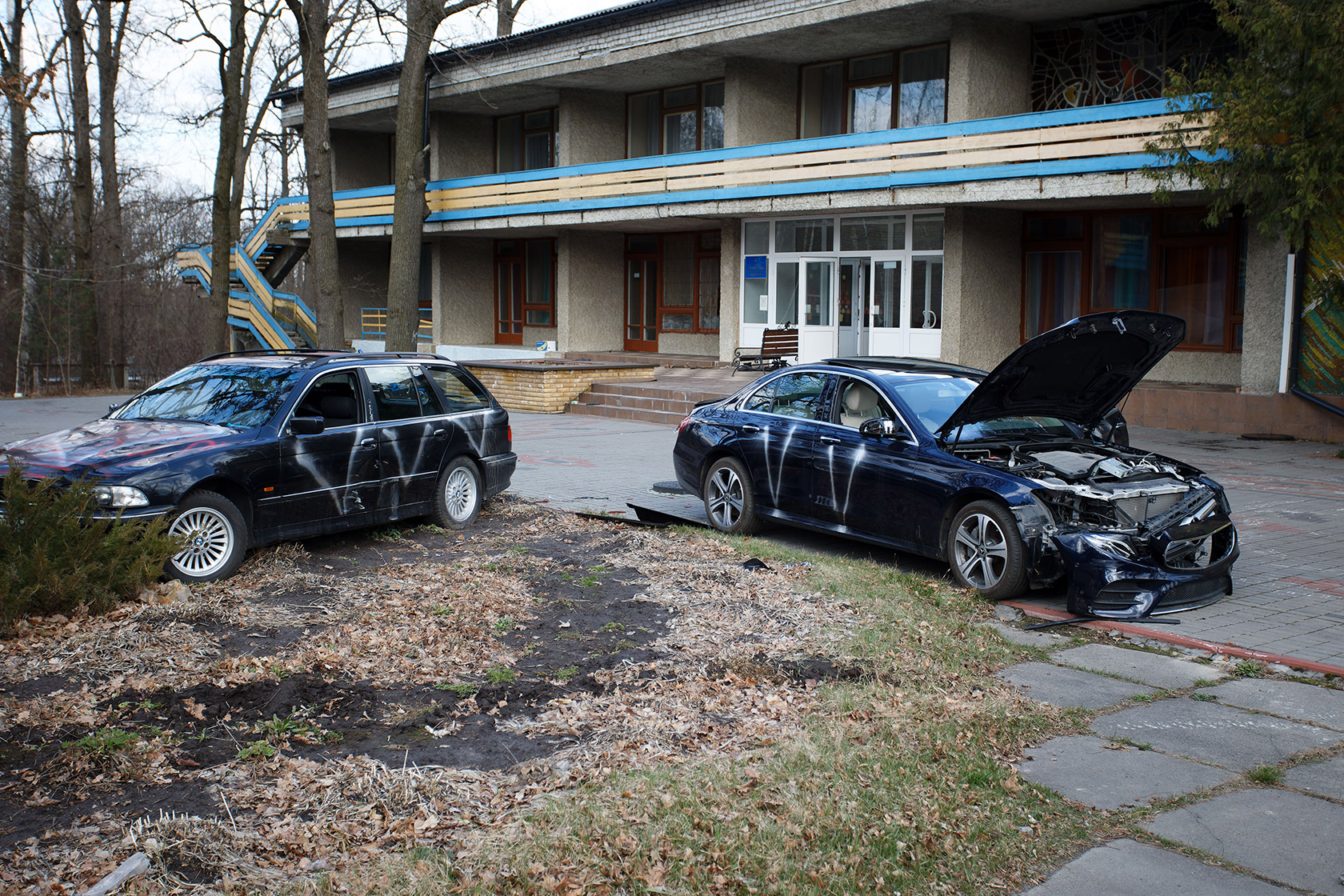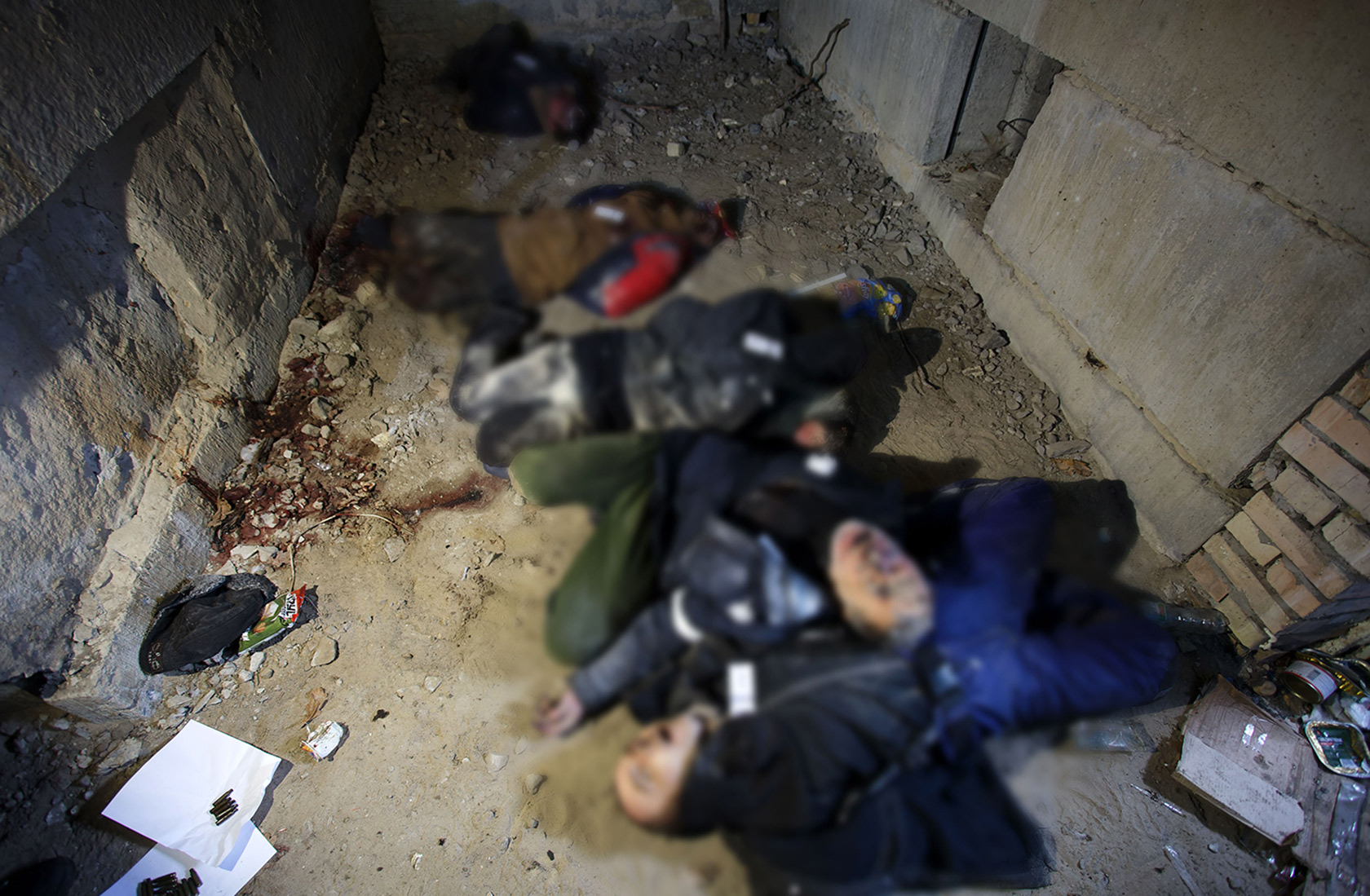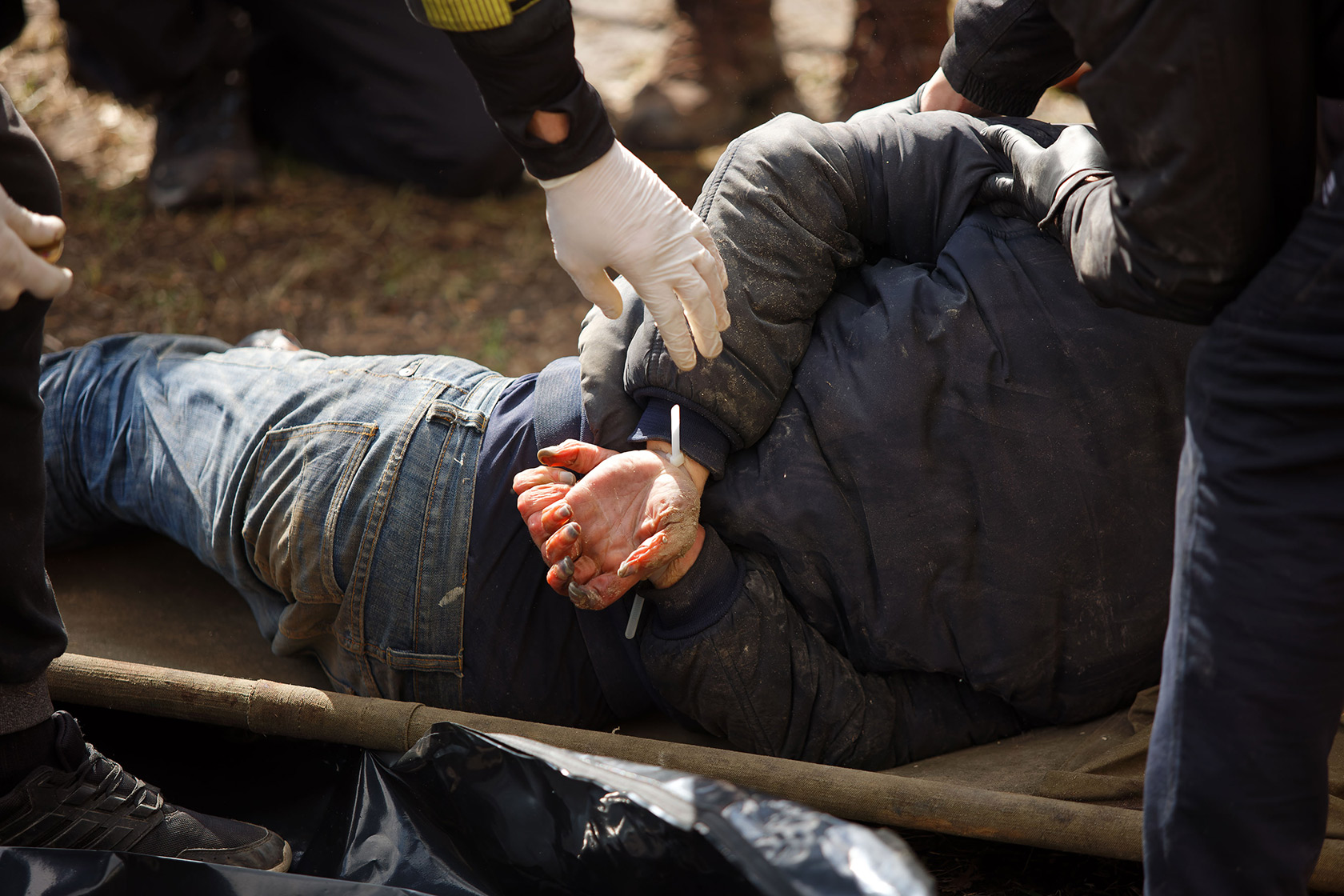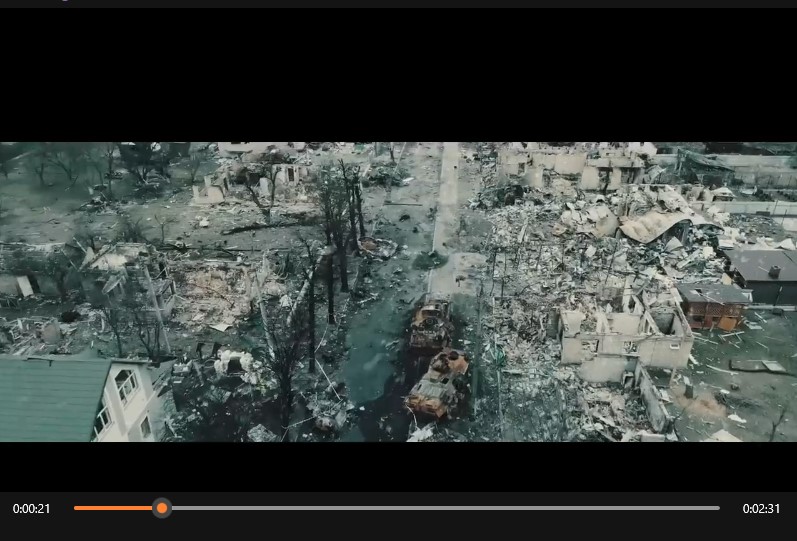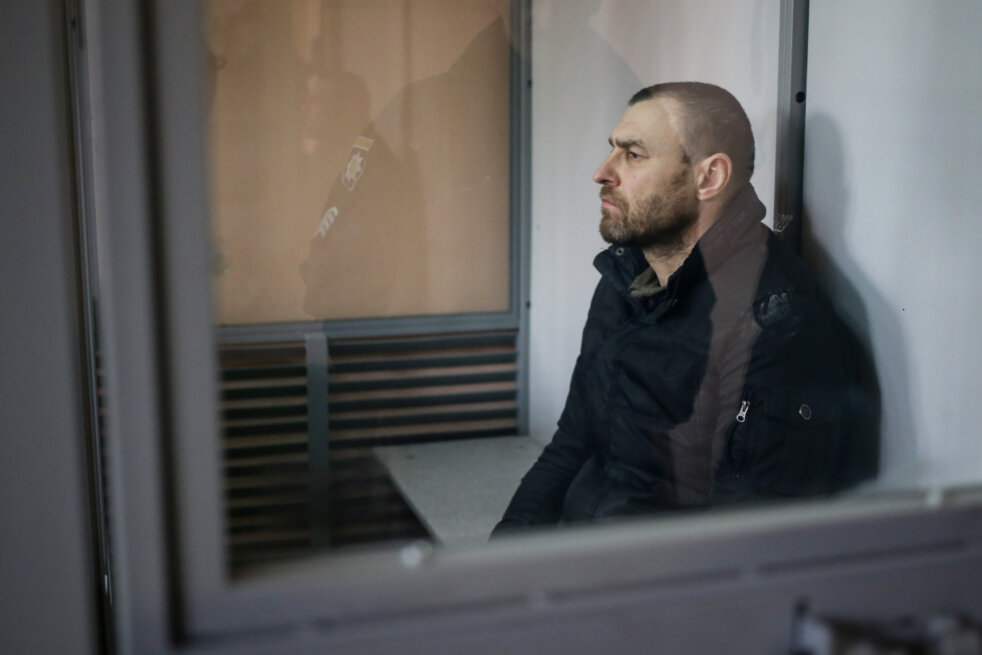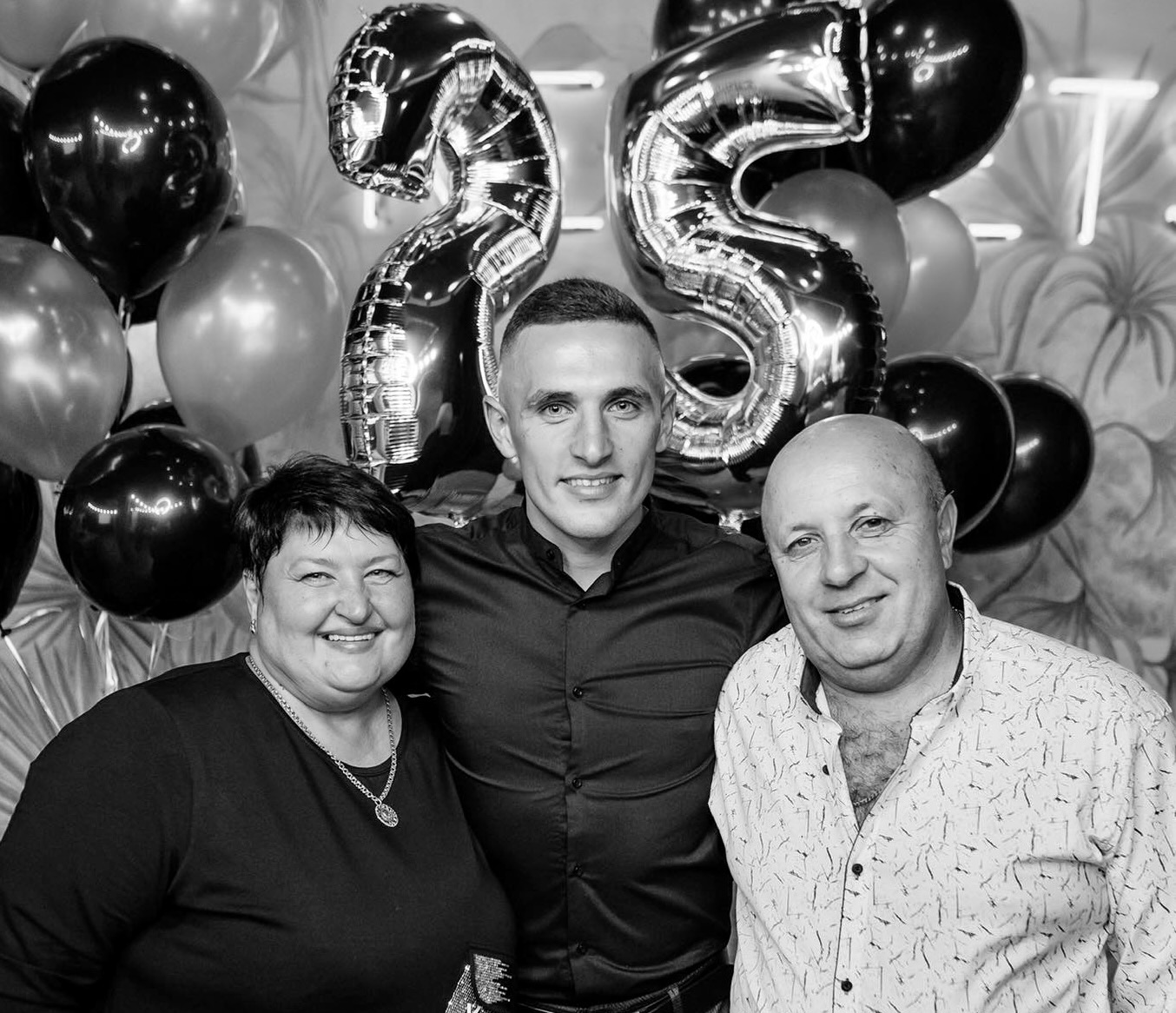In addition to the aforementioned cases of executions, Russian military personnel are responsible for other crimes, including indiscriminate shooting, complete disregard for civilian safety, or criminal motives. Peaceful residents of the city became their victims even before the start of the occupation. For example, on the morning of February 27, 2022, 56-year-old Tetiana Pomazenko was killed in the courtyard of a house on Vokzalna Street. After the city was captured on March 4, 2022, 43-year-old Yevhen Petrashenko, a sales manager and father of two children, was killed in his own apartment (203A Yablunska Street) by Russian soldiers who shot him in the back during an illegal search. At around the same time, 41-year-old electrician Dmytro Konovalov was also killed. He and his relatives were hiding in the basement at 203B Yablunska Street but he went upstairs to smoke. Suddenly, Russian soldiers appeared on the street and shot him without warning. Local resident Iryna Abramova testifies that on March 5, 2022, Russian soldiers executed her husband, 40-year-old Oleh, after setting their house on fire at the intersection of Vokzalna and Yablunska streets. On the same day, they shot 48-year-old Viktor Koval in his own house at 32 Vesniana Street.
The indiscriminate shooting by Russians for any reason posed an additional threat to civilians. For example, on March 5, 2022, on Yablunska Street, they shot and killed Volodymyr Rubailo, who was running away from them with a 9-year-old girl. The child was wounded as a result of the shooting. On March 7, 2022, 32-year-old Vasyl Yushchenko was injured while smoking near the window in his relatives' apartment. Only urgent assistance from neighbors and evacuation to Kyiv saved his life.
The fact that Russian military personnel committed crimes throughout their stay in Bucha is evidenced by photo and video evidence. The bodies of the murdered people on Yablunska Street, which were recorded on video immediately after the liberation of Bucha, caused a great resonance. At the same time, satellite imagery confirms that the killing of civilians in the city began in the first days of the occupation. Bodies were recorded on the streets as early as March 9-11, 2022.
On March 12, 2022, Russian military killed 61-year-old Ilya Navalnyi in Bucha, who lived at 203V Yablunska Street. Witnesses reported hearing gunshots in the yard and later found the man's body near the house with head and back injuries. On the morning of March 19, 2022, near the house at 203A Yablunska Street, Russians shot and killed 51-year-old worker Leonid Goy as he stepped out of cover to call his family. Witnesses reported that on March 20, 2022, occupiers shot and killed 37-year-old Artem, a Bucha resident, when he went into his garage in search of supplies to share with his neighbors.
A few days later (probably on March 22 or 23, 2022), 44-year-old builder Leonid Bondarchuk was killed in the building at 203A Yablunska Street. Russian military came to the basement where people were hiding and ordered all phones to be handed over for inspection. Bondarchuk went upstairs with his mobile devices. After that, witnesses heard gunfire and an explosion. Later, the man's mutilated body was found on the stairs. Judging by the nature of the damage, the Russians threw a grenade there.
On the morning of March 25, 2022, Alexander Yeremich, a 43-year-old railway inspector and father of two, was killed in Bucha. Russian military found photos of the city's destruction on the man's phone and shot him.
All of this is just a small part of the losses that Bucha suffered as a result of Russian aggression. The mass burials in the city testify to the scale of Russian crimes. From the fraternal grave site located near the Church of Andrew the Apostle, 116 bodies were exhumed, of which 2 belonged to Ukrainian military personnel, and the vast majority of those buried were civilians.
The name "Bucha" has entered the history of war crimes. The actions of Russian military in this city have become a vivid example of the fate that the Russian leadership has prepared for the population of Ukraine. Bucha has become a symbol of the genocide of Ukrainians carried out by the Russians, only one of many places where occupiers have left death and suffering behind them. President of Ukraine Volodymyr Zelenskyi, speaking before the UN Security Council on April 5, 2022, stated: "The mass killings in our city of Bucha are, unfortunately, just one of many examples of what the occupiers have been doing on our land for 41 days now. And there are many other such places where the world has yet to learn the full truth: Mariupol, Kharkiv, Chernihiv, Okhtyrka, Borodyanka, and dozens upon dozens of Ukrainian communities, each of which is like Bucha."
 Bucha city, Bucha district, Kyiv region
Bucha city, Bucha district, Kyiv region
 2022-03-04
2022-03-04
